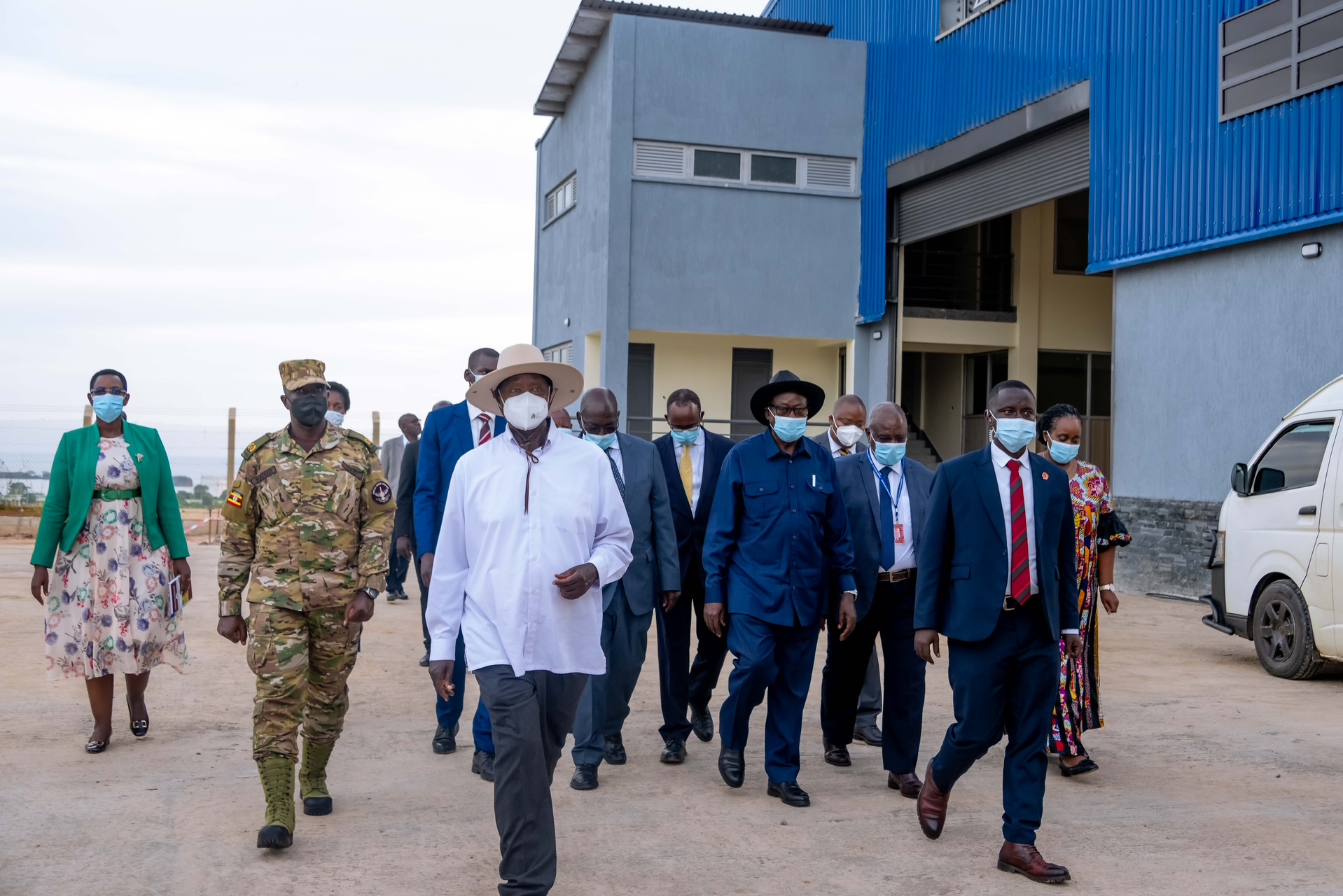Spread Of Monkeypox In Africa Shows “Worrying Sign”: WHO Regional Director
Multiple clusters of the monkeypox virus have been reported within the past weeks in several European countries and North America, regions where the virus is not normally found.
With three African countries with no previous history of human monkeypox transmission reporting cases, the geographic spread of the virus on the African continent is a “worrying sign”, warned Thursday Matshidiso Moeti, World Health Organization (WHO) regional Director for Africa.
As of Tuesday, Africa has reported 1,821 cases in 13 countries of which 109 are laboratory-confirmed in nine countries, said Moeti at an online press briefing held on Thursday.
Outside the countries in Africa with a history of human transmission, monkeypox has also been reported in three countries that have not previously had any human cases, namely Ghana, Morocco, and South Africa. As of Tuesday, South Africa has reported two confirmed cases with no travel history, which, according to the WHO regional office for Africa, suggests “a high possibility of local transmission”.
“The geographic spread of monkeypox to parts of Africa where cases have never been detected before is a worrying sign,” said Moeti. “It is critical that we support national efforts to boost surveillance and laboratory diagnosis, which are the cornerstones of disease control.”
According to the WHO, the number of confirmed cases in Africa accounts for 2 percent of the more than 4,500 confirmed cases globally. However, there are many suspected cases in the region, 81 percent of which are in the Democratic Republic of the Congo (DRC), underlining the need for increased diagnostic capacity.
Over the past month, five more African countries have received donations of reagents from partners, bringing to 12 the number of countries in the region with enhanced monkeypox diagnostic capacity. Another group of countries in West Africa will receive reagents after participating in a training.
“What happened in the early days of the COVID-19 vaccine rollout when Africa watched on the sidelines as other countries snapped up limited supplies must not be allowed to recur. There are some signs that this is already happening,” said Moeti. “The current global spotlight on monkeypox should be a catalyst to beat this disease once and for all in Africa. For this, we know vaccines are a critical tool.”
Multiple clusters of the monkeypox virus have been reported within the past weeks in several European countries and North America, regions where the virus is not normally found.
On June 25, the WHO said the latest monkeypox spread in over 50 countries does not constitute a Public Health Emergency of International Concern, the highest level of alert the WHO can issue. However, “a risk of further, sustained transmission into the wider population” should not be overlooked, said some members of the WHO Emergency Committee regarding the outbreak in a report, following a meeting on Thursday.
“The convening of the committee itself reflects the increasing concern about the international spread of monkeypox,” WHO Director General Tedros Adhanom Ghebreyesus said Saturday in a statement, adding that the committee is available to be reconvened as per the development of the outbreak.
The committee highlighted a number of conditions that should prompt a re-assessment of the event, such as an increase in the rate of growth of cases reported in the next 21 days, significant spread to and within additional countries, an increase in the number of cases in vulnerable groups, and increased morbidity, mortality and rates of hospitalization.
Ghebreyesus called for stepped-up surveillance, improved diagnostics, community engagement and risk communication, and the appropriate use of therapeutics, vaccines, and public health measures including contact tracing and isolation.
He also called on member states to collaborate, share information, and engage with affected communities so that public health safety measures are communicated quickly and effectively.
Endemic monkeypox disease is normally geographically limited to West and Central Africa, while the identification of confirmed and suspected cases of monkeypox without any travel history to an endemic area in multiple countries is atypical, according to the WHO.
Monkeypox, first detected in laboratory monkeys in 1958, is assumed to transmit from wild animals such as rodents to people, or from human to human.







